
Date: 2025-04-03 Page is: DBtxt003.php txt00010925
Technology ... Mobile
The State of 5G
10 Reasons Why 5G Wireless Will Bring Big Benefits to Mobile Users
Burgess COMMENTARY
Peter Burgess
10 Reasons Why 5G Wireless Will Bring Big Benefits to Mobile Users
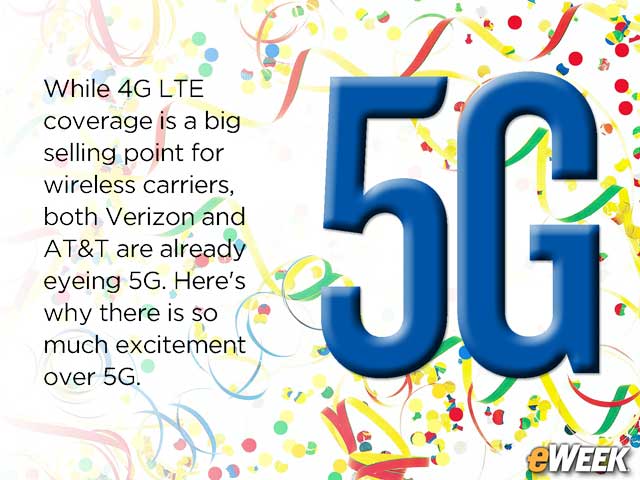
While 4G LTE coverage is a big selling point for wireless carriers, both Verizon and AT&T are already eyeing 5G. Here's why there is so much excitement over 5G.
5G Is the Next Generation of Wireless Technology
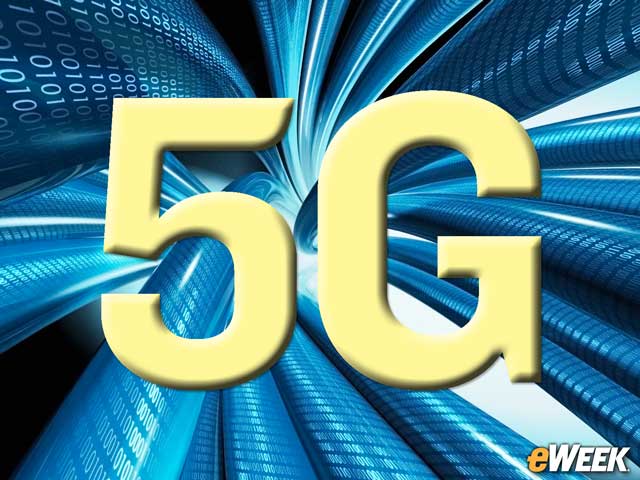
Think of 5G as the next generation of wireless connectivity that will eventually supplant 4G LTE. While industry experts agree that it won't be available anytime soon, 5G is expected to provide a wide range of benefits to cellular users, including faster data speeds and lower latency. Like its predecessors, 5G will first come to developed countries, followed by a relatively slow rollout in other markets. In fact, China, among other countries, is still trying to roll out 4G LTE, even with 5G looming.
It Promises an Exponential Boost in Data Speeds

The data speeds 5G users could expect are nothing short of astounding. In an announcement on Friday, AT&T said that it believes 5G speeds could be measured in gigabits per second, rather than megabits per second. Like Verizon, the company says that 5G data speeds will be up to 100 times faster than 4G LTE speeds, meaning programming that takes minutes to download now will only take a few seconds on next-generation networks.
Low Latency Is a Huge Benefit
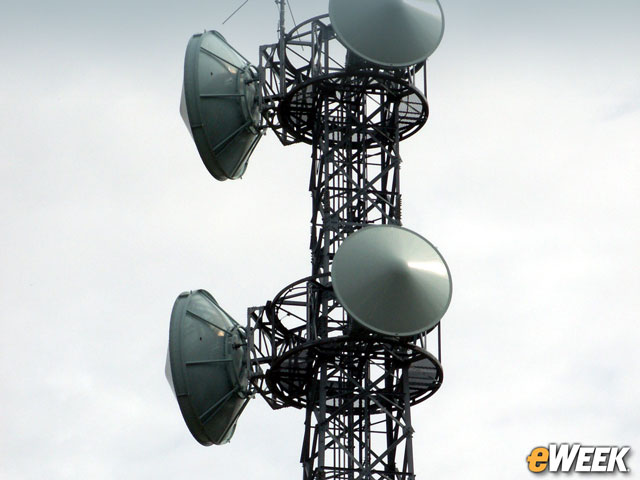
It's not often discussed, but low transmission latency is reputed to be one of the key factors that make 5G so important. Latency is the time it takes for a signal to be beamed from a tower and received by a device. The lower the latency, the more quickly it can respond. According to China-based Huawei, 4G networks have average latency of 50 milliseconds. With 5G, latency is reduced to just 1 millisecond. For connected cars and other devices expecting to take advantage of 5G networks, that latency boost could prove extremely important.
It's Essential to Support the Internet of Things
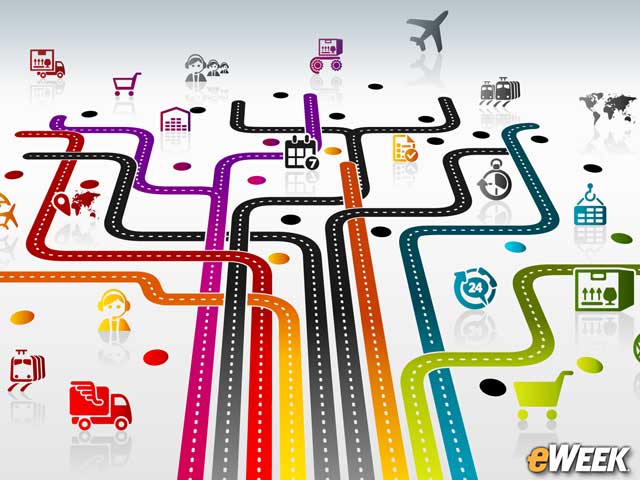
As AT&T noted in its 5G roadmap announcement, the technology is an absolute necessity in a world where the Internet of things is expected to take off. As new devices, such as lights, refrigerators and other products use cellular networks, carriers will need the extra capabilities of 5G to accommodate them and ensure they get the connection speeds they require. Without 5G, it's hard to imagine the Internet of things reaching its true potential.
Major Carriers Are Already Investing in 5G
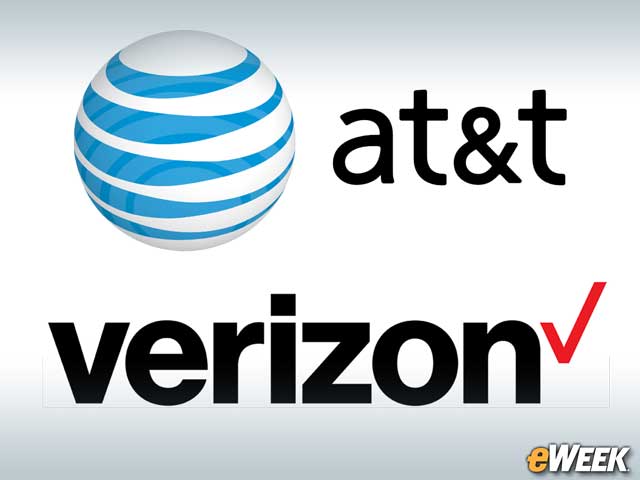
For now, AT&T and Verizon have proved to be the most bullish on 5G. The companies have already laid out their plans for the next-generation technology and will start field trials later this year. Prior to that, the companies will continue to conduct in-house evaluations of 5G to see how it may hold up in a vacuum. Ultimately, all of that testing will lead to a rollout to consumers.
Other Companies Are Also Heavily Investing in 5G
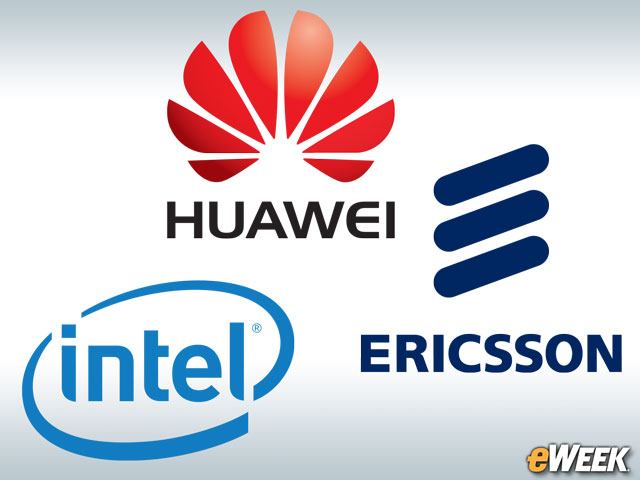
Of course, in order for AT&T and Verizon to get going on 5G, they need some help from industry partners that work on wireless connectivity. So far, several companies have stepped up to invest in 5G, including Huawei, Ericsson and Intel, among others. Look for many more chip makers to jump into the fray as 5G gets closer to reality in the coming years.
There Are No Standards

The trouble with testing 5G right now, however, is that there are currently no standards in place to regulate how those networks will operate and how devices will connect. Governing bodies around the world are working on standards that will likely require the aforementioned field trials to change a bit as new regulations come down.
The Standards Process Will Take Years

According to several industry experts, the process of establishing standards will be somewhat like the development process that governed 2G, 3G and 4G connectivity. International standards will be floated and then modified by the wireless industry as testing continues. Ultimately, most experts say industrywide standards won't be available for at least a couple of years. In fact, AT&T believes that the standards will likely be handed down in 2018, at the earliest.
Self-Driving Vehicles Are Another Important Application

In addition to the Internet of things, 5G will be critical in 'driving' self-driving cars. Today's autonomous vehicle technology relies in part on connections through cellular towers to determine location, where other cars might be and more. If there eventually are many self-driving cars on the road, they'll need to talk to each other to avoid accidents. According to Huawei, due to latency problems, cars connected to a 4G network and driving at about 60 miles per hour will travel for more than 4 feet before it receives a message that an obstacle is in front of it. A lot of bad things can happen in that time and space. On a 5G network, however, that signal is sent far more quickly, allowing the car to move just 2.8 centimeters before it responds to the impending threat.
When Will 5G Be Available?

The ultimate question is when 5G will be ubiquitous and more users than not will have it running on their devices. Truth be told, there is some debate over the timetable. Some companies, like Verizon, say that a rollout could begin as early as 2018. AT&T, however, has said it likely won't happen until 2020. Still other industry experts say it could be a decade or more before 5G is ubiquitous. At this point, no one is sure, but everyone agrees that 5G will be widely available—eventually.